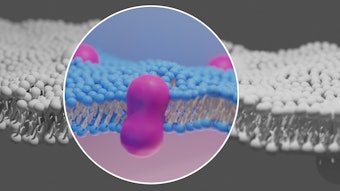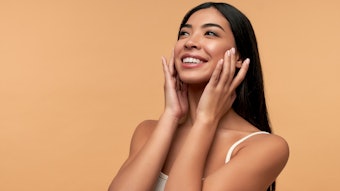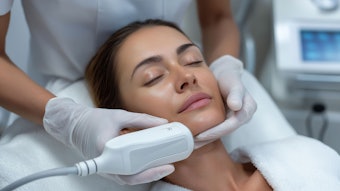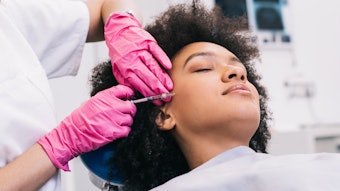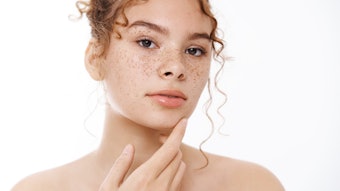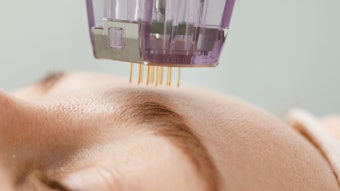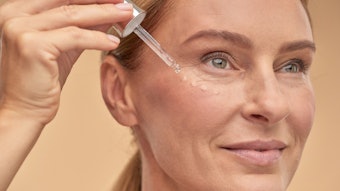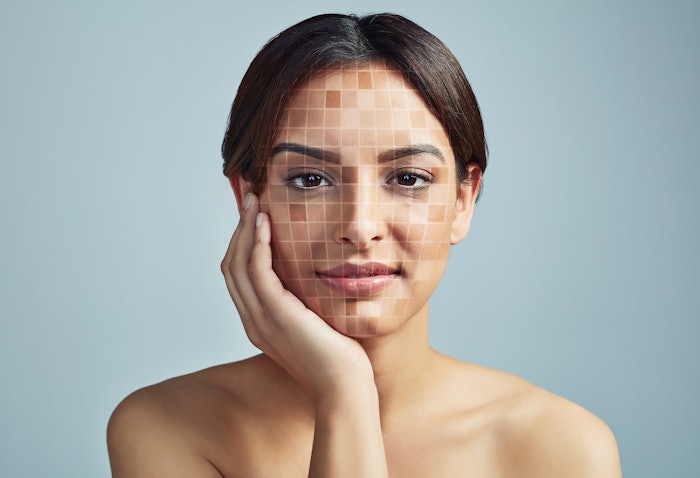
Alma has launched Universkin—an AI-assisted medical skincare line, designed to meet physician and patient needs for personalized solutions with its ability to recommend the use of 18 bioactives. As reports indicate that the beauty and aesthetics industry is naturally shifting toward focused customization in care, like Alma, brands are moving away from a one-size-fits-all approach, embracing inclusivity.
 Universkin—an AI-assisted medical skincare line uses skin data to recommend the use of 18 bioactives, selected from 487,678 combinations and nearly 12 million outcomes.Courtesy of July 23 Alma Press Release
Universkin—an AI-assisted medical skincare line uses skin data to recommend the use of 18 bioactives, selected from 487,678 combinations and nearly 12 million outcomes.Courtesy of July 23 Alma Press Release
A recent Mintel report [1] concluded that 62% of U.S. beauty and personal care buyers are interested in hyper-personalized products, and 28% are willing to pay extra for them. Technology, the report stated, is often at the core of hyper-personalization, and without real-time data, AI and DNA testing, tailored individualization wouldn’t be possible.
Modern consumers look for brands that address diverse skin tones, hair types and unique concerns [1], and Alma designed this technology to move away from the one-size-fits-all approach, per the release, as it quickly becomes an obsolete method in beauty care.
"By integrating advanced, science-backed ingredients with a personalized, smarter approach, we're empowering physicians to extend the impact of aesthetic care beyond the clinic and into every patient's daily routine,” said Lior Dayan, CEO of Alma.
The Universkin system is structured around four pillars: cleanse, treat, strengthen and soothe. Within each category are a set of various topicals and cleansers that match a person’s skin needs. Cleanse includes hydrating oil cleanser with patented P-HC technology to gently remove makeup and impurities.
The treat category offers activating serums, also powered by P-HC technology, enabling providers to generate nearly 12 million recommendations that address eight skin concerns: oxidative stress, texture, redness, hydration, exfoliation, oily skin, pigmentation and impurities, per the release.
An HA boosting serum with Complex P technology falls under the strengthen pillar—hydrating the skin's structure. Complementing it are barrier nourishing crèmes in light and rich textures, depending on the patient’s skin type—also with P-HC technology.
Soothe includes barrier restoring balm that calms the appearance of redness, minimizing sensitivity and reinforcing the skin barrier, designed for post-aesthetic treatments.
While AI has begun to assist many aspects of aesthetic treatments, including precision in plastic surgery, experts say it will not fully replace the human artistry involved in the plastic surgery field [2]. Its implication on skin care recommendations, however, shows promise as artificial intelligence analyzes large datasets, enhancing formulations and tracking trends in the skin [1]. Brands that fail to integrate beauty personalization trends into their services and products will risk falling behind, Mintel reported.
"Personalization is the future of aesthetic medicine,” said Lawrence Iteld, MD, a board-certified plastic surgeon. “Every patient's skin is unique, and tailored treatments allow us to address their specific needs for the best possible results."
References
- www.mintel.com/insights/beauty-and-personal-care/personalisation-trends-are-redefining-the-bpc-industry/
- www.medestheticsmag.com/business/practice-management/article/22933583/ai-in-aesthetics-enhancing-personalization-precision-and-patient-comfort-practitioner-expertise
